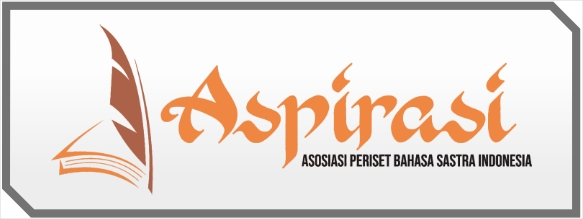Immigrants’ Experiences of Becoming Bilingual (A Case Study of German and Indonesian bilinguals Living in Australia)
DOI:
https://doi.org/10.55606/jupensi.v3i2.2308Keywords:
immigrant, bilingualism, EFLAbstract
As an immigrant living in Australia, having proficiency in English is a must. With the background of language includes several mother tongues, bilingualism is directly acquired since living in the English country. Dealing with this case, this study aims at investigating diverse Australian immigrants’ experiences of becoming bilingual and underlines their implication for EFL (English as a Foreign Language) study. Two participants; German and Indonesian immigrants living in Australia for about 20 years taking apart during this study. Qualitatively, the immigrants were interviewed then the data were analyzed. The results found that both of them have some shared and distinctive multilingual experiences. In addition, it indicated that they were in different phases of their bilingual development.
References
Australian Bureau of Statistics. (2023). Overseas Arrivals and Departures, Australia Available at: https://www.abs.gov.au/statistics/industry/tourism-and-transport/overseas-arrivals-and-departures-australia/latest-release, retrieved 28 July 2023.
Ayan, E. (2015). Minority Language Loss: Socio-Cultural and Linguistic Causes. European Journal of English Language, Linguistics and Literature, 2(1). www.idpublications.org
CIA World Factbook. (2023). Australia. Available at, https://www.cia.gov/the-world-factbook/countries/australia/, retrieved July 29, 2023.
Dastgoshadeh, A., & Jalilzadeh, K. (2011). Language loss, identity, and English as an international language. European Journal of Social Sciences, 21(4), 659–665.
Elhami, A., & Khoshnevisan, B. (2022). Conducting an Interview in Qualitative Research: The Modus Operandi. Mextesol Journal, 46(1), 0–2.
Hamza Atirnigar, Zarif Mohammad Safari, & Abdul Hoda Rafat. (2021). Exploring the Causes of Language Death: A Review Paper Teaching Assistant Teaching Assistant. International Journal of Arts and Social Science, 4(4), 181–186. www.ijassjournal.com
Ingram, D. E. (2003). English language policy in Australia.
Kajornboon, A. B. (2005). Using interviews as research instruments Annabel Bhamani Kajornboon Language Institute Chulalongkorn University. E-Journal for Research Teachers, 2(1).
McGregor, W. B. (2009). Linguistics: An introduction. London: Continuum.
Mohamed, N. (2020). First Language Loss and Negative Attitudes Towards Dhivehi Among Young Maldivians: Is the English-First Educational Policy to Blame? TESOL Quarterly, 54(3), 743–772. https://doi.org/10.1002/tesq.591
Yip, V. & Matthews, S. (2007). The bilingual child : early development and language contact. New York: Cambridge University.
Zhou, Y., & Zou, L. (2017). On Development History of Australia’s Language Policy and the Enlightenment to China’s Foreign Language Education. Theory and Practice in Language Studies, 7(5), 366. https://doi.org/10.17507/tpls.0705.06
Downloads
Published
How to Cite
Issue
Section
License
Copyright (c) 2023 Jurnal Pendidikan dan Sastra Inggris

This work is licensed under a Creative Commons Attribution-ShareAlike 4.0 International License.

















